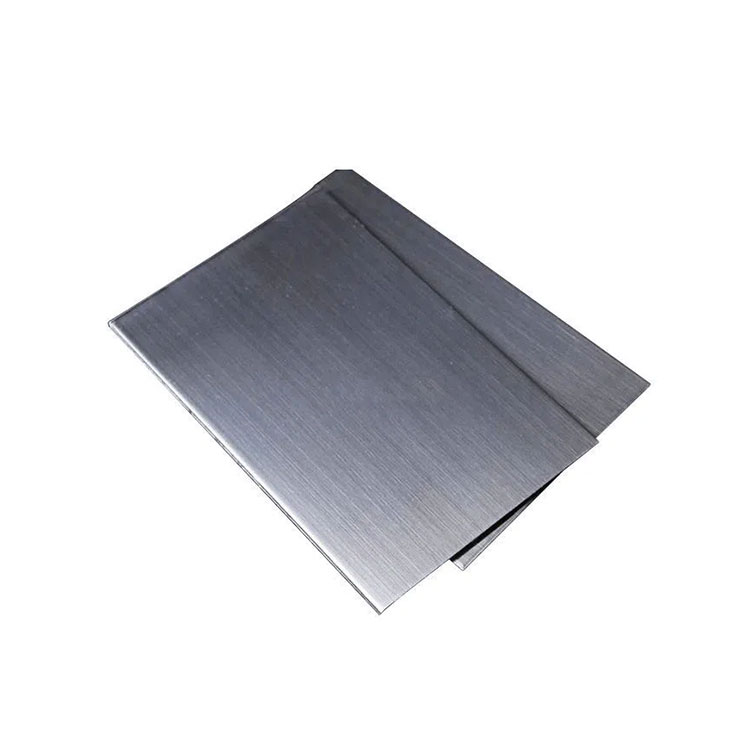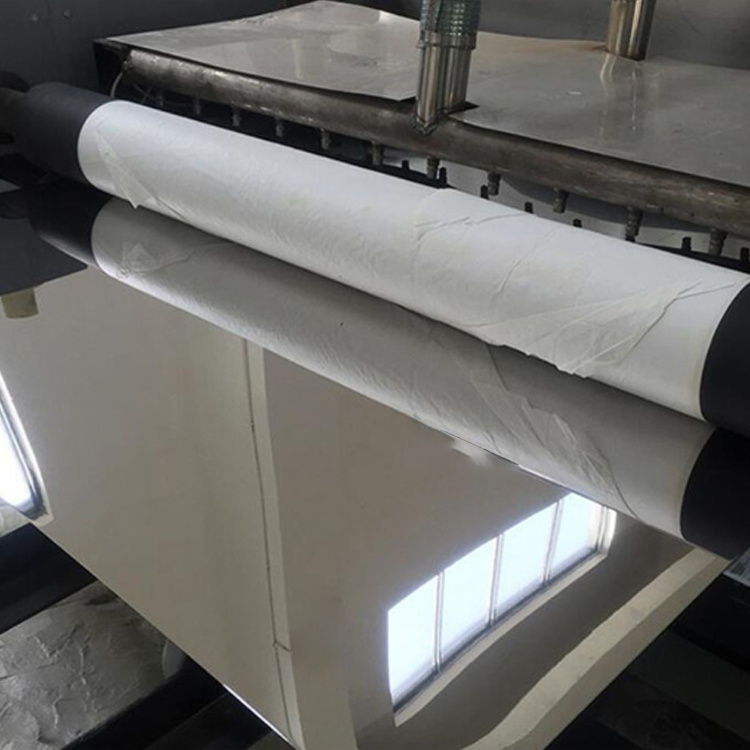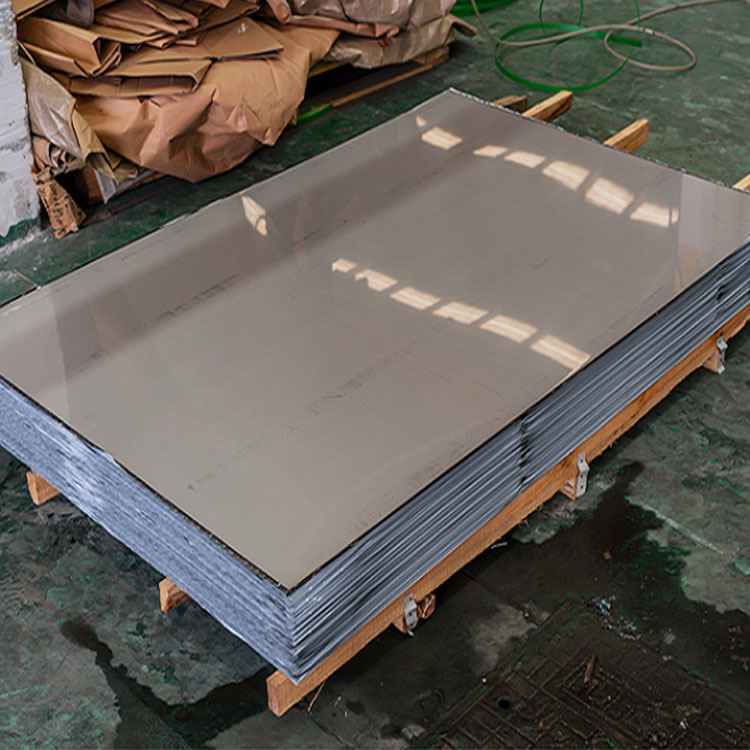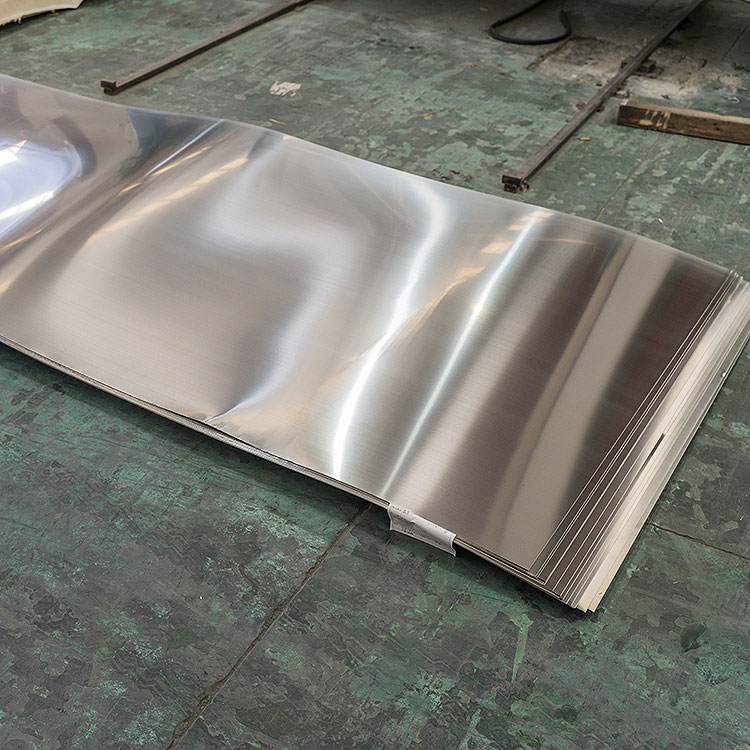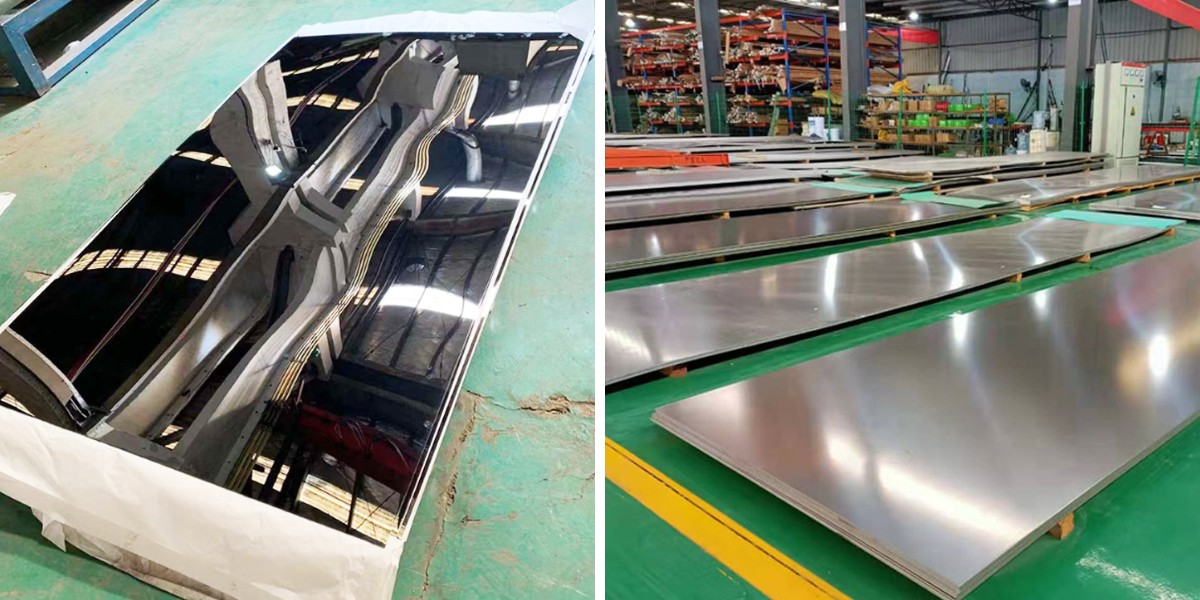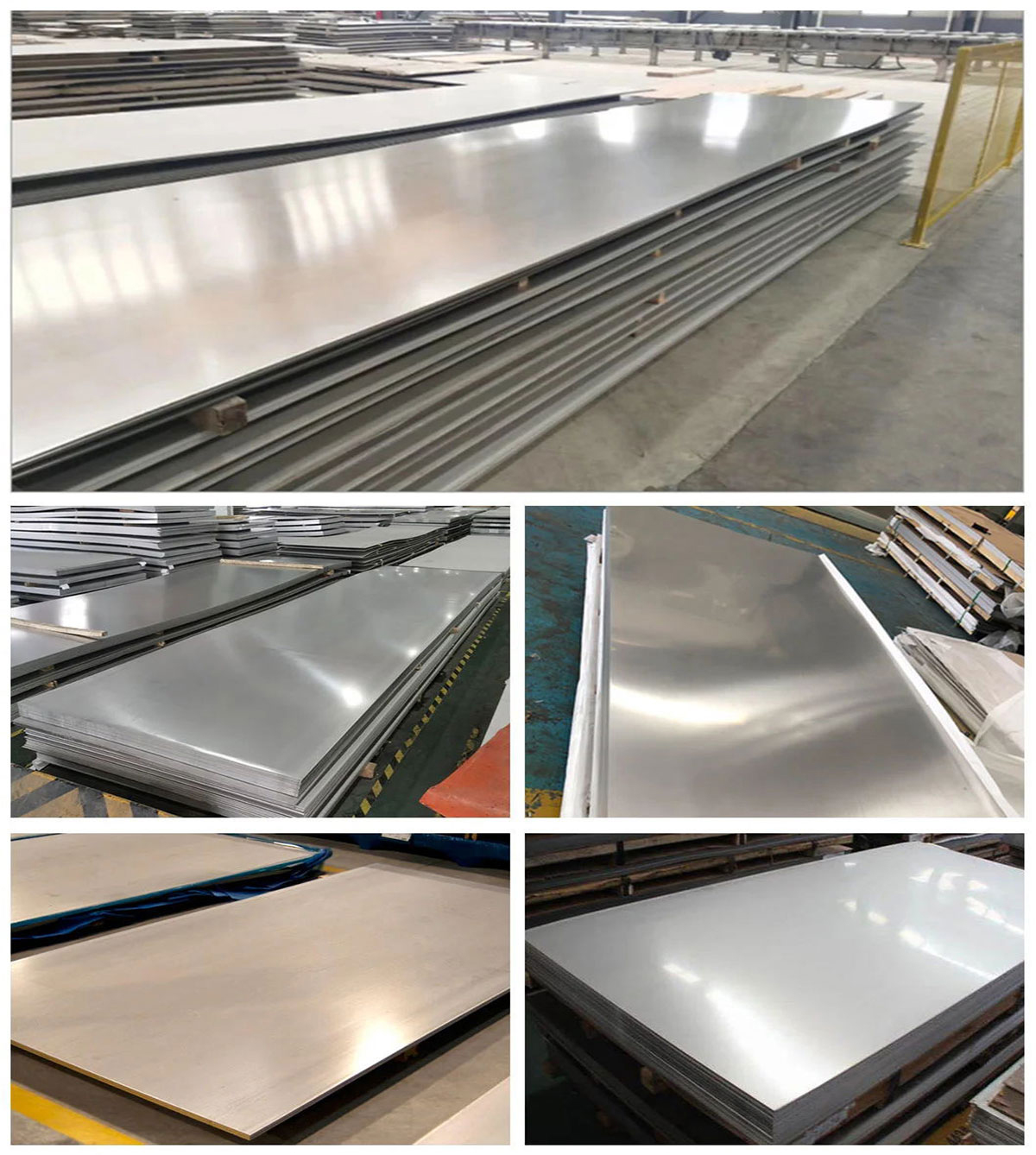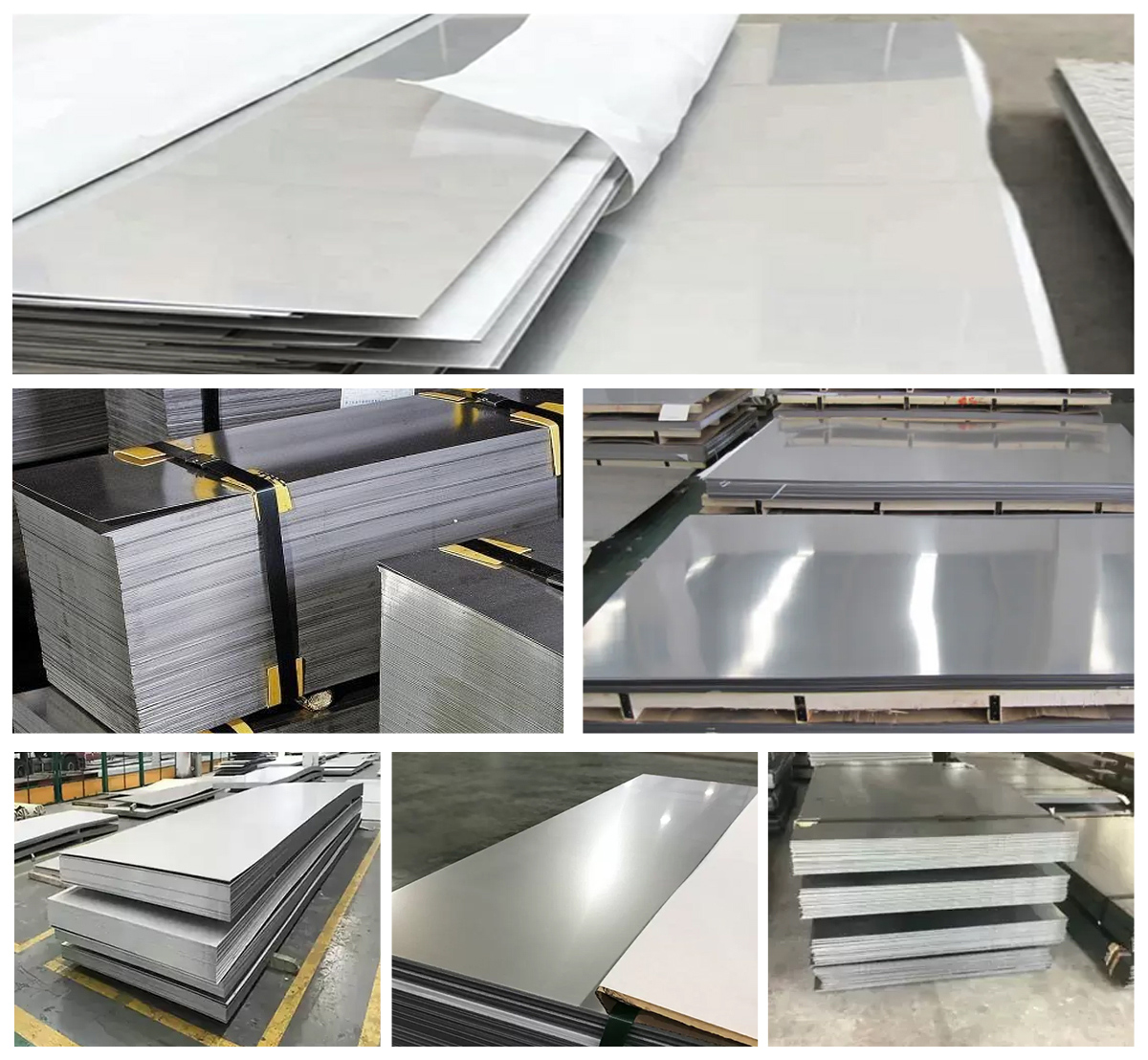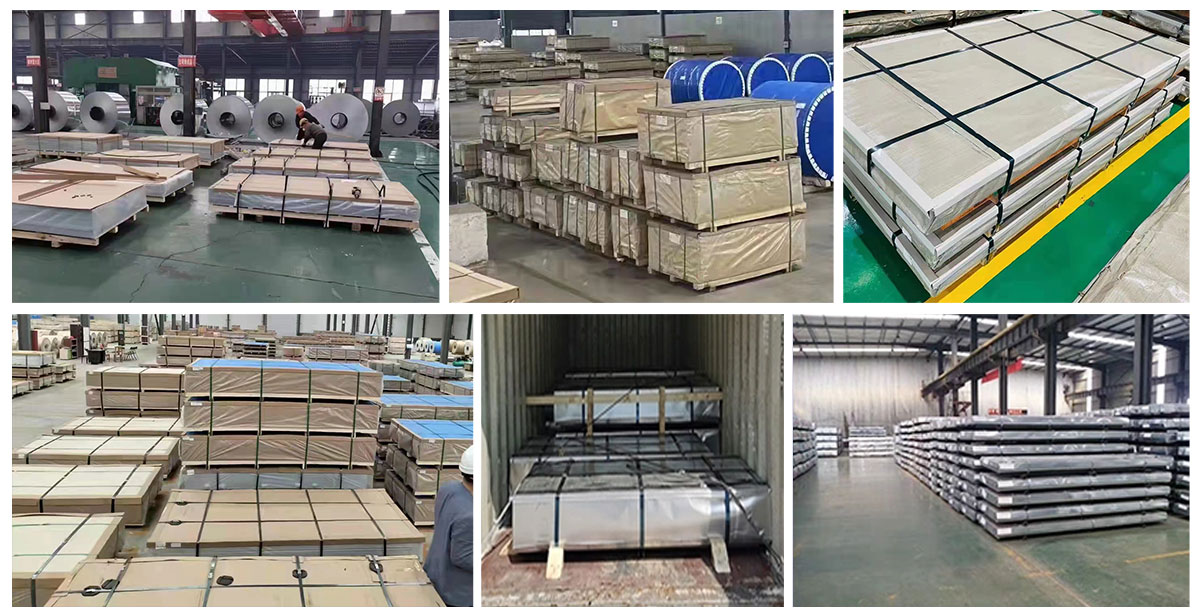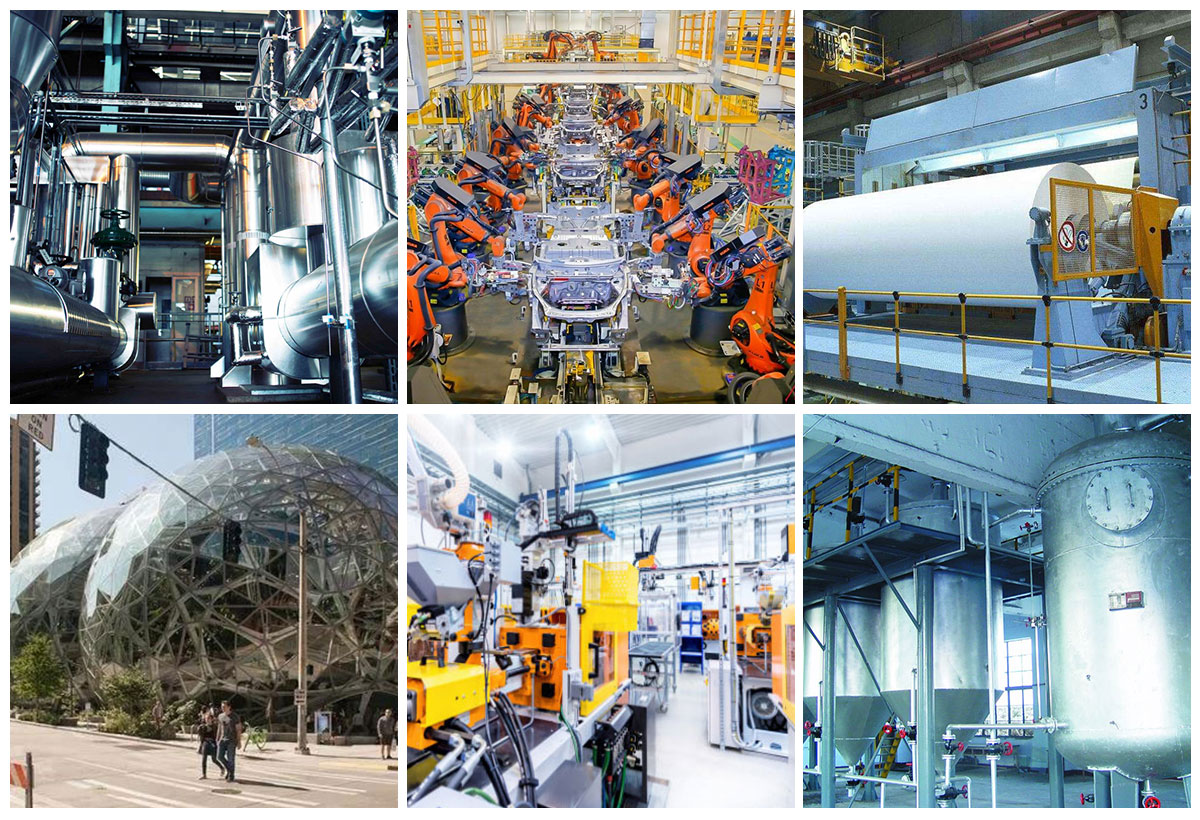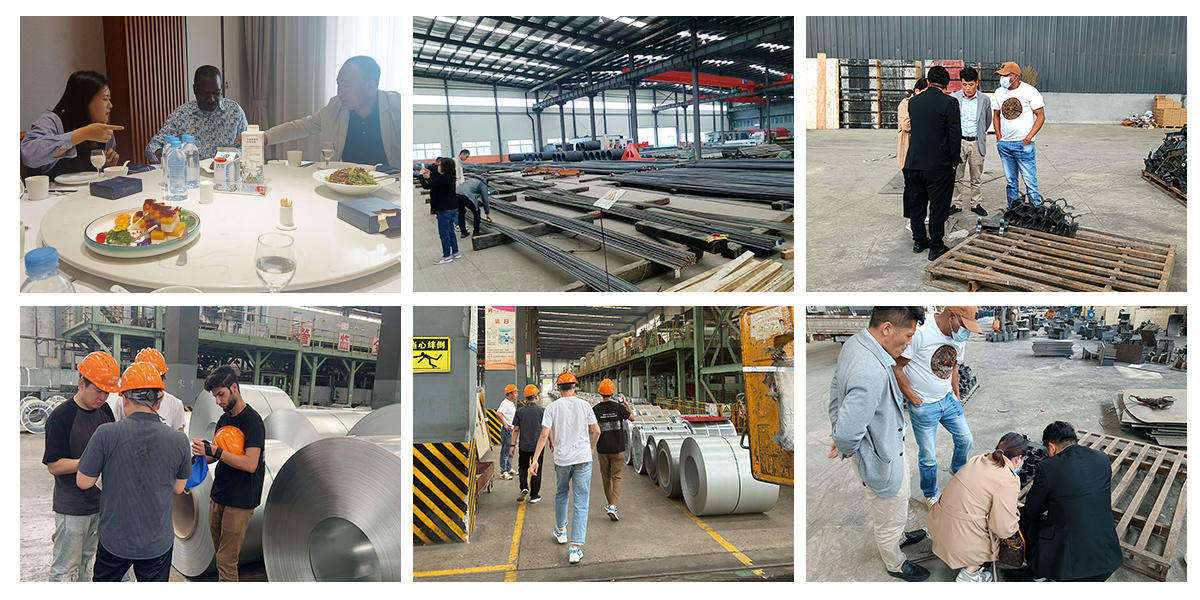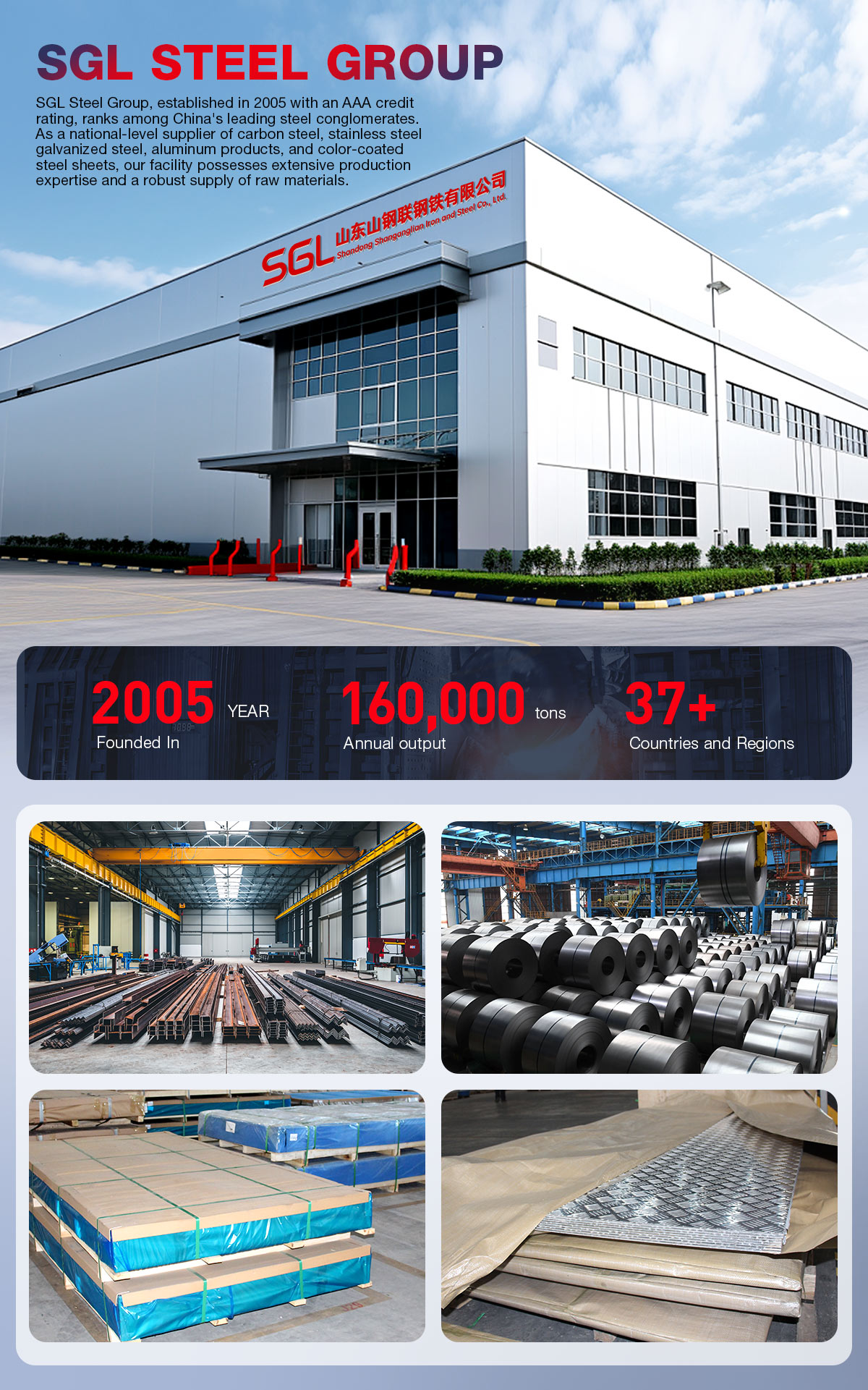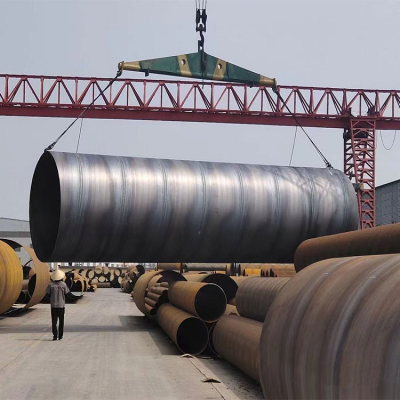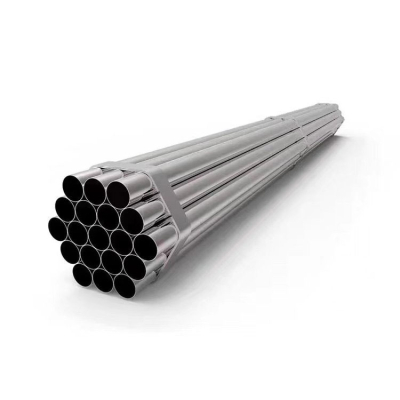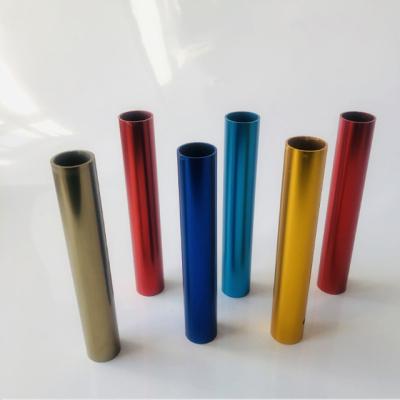SS Plate Price
Excellent Corrosion Resistance – Not easy to rust, suitable for various environments.
Smooth Surface – Attractive appearance, easy to clean, and hygienic.
Superior Mechanical Properties – High toughness, good plasticity, and strong mechanical strength.
Reliable Performance – Undergoes heat treatments such as annealing, solution treatment, and aging to ensure yield strength, tensile strength, elongation, and hardness meet standards.
Wide Industrial Applications – Extensively used in chemical, food, medical, papermaking, petroleum, and nuclear industries.
Versatile Uses – Applied in construction parts, kitchenware, tableware, vehicles, and household appliances.
Product Introduction
Stainless steel plate is an alloy steel plate that is not easy to rust. There are many types of steel plates with different properties.
According to the organizational structure, it is divided into four categories: austenitic stainless steel plate, martensitic stainless steel plate (including precipitation hardening stainless steel plate), ferritic stainless steel plate, and austenitic plus ferritic duplex stainless steel plate.
According to the main chemical composition or some characteristic elements in the steel plate, it can be divided into chromium stainless steel plate, chromium-nickel stainless steel plate, chromium-nickel-molybdenum stainless steel plate, low-carbon stainless steel plate, high-molybdenum stainless steel plate, high-purity stainless steel plate, etc.
According to the performance characteristics and uses of the steel plate, it is divided into nitric acid resistant stainless steel plate, sulfuric acid resistant stainless steel plate, pitting corrosion resistant stainless steel plate, stress corrosion resistant stainless steel plate, high strength stainless steel plate, etc.
According to the functional characteristics of the steel plate, it is divided into low-temperature stainless steel plate, non-magnetic stainless steel plate, free-cutting stainless steel plate, superplastic stainless steel plate, etc.
Classified according to the production method, it can be divided into two types: hot-rolled stainless steel plate and cold-rolled stainless steel plate.
The commonly used classification method is to classify according to the structural characteristics of the steel plate, the chemical composition characteristics of the steel plate, and the combination of the two. It is generally divided into five categories: martensitic stainless steel, ferritic stainless steel, austenitic stainless steel, duplex stainless steel and precipitation hardening stainless steel, or divided into two categories: chromium stainless steel and nickel stainless steel.
Product Details
Surface Features & Manufacturing Methods & Applications of Stainless Steel Sheets
SURFACE | CHARACTERISTICS | SUMMARY OF MANUFACTURING METHOD | USE |
NO.1 | Silver | Hotrolled to specified thickness | No need for a glossy finish |
Matt | |||
NO.2D | Silver | Heat treatmentand picklingafter cold rolling | General materials, deep drawingmaterials |
NO.2B | Luster is stronger than No.2D | After NO.2D treatment the polishingrolleris used for the finalmild cold rolling | The general material |
BA | Brightas a mirror | Non - standard, butusuallybrightannealingsurface machining surface reflectivityis very high | Buildingmaterials, kitchenware |
NO.3N | Coarse grinding | Grind with 100-200# (unit grindingstrip) | Buildingmaterials, kitchenware |
NO.4N | Intermediategrinding | The polishedsurface obtainedby grindingwith 150-180# grindingstrip | Buildingmaterials, kitchenware |
NO.240 | Fine grinding | Grind with2408 grindingstrip | Kitchen utensils |
NO.320 | Very fine grinding | Grind with 320# grindingstrip | Kitchen utensils |
NO.400 | The gloss is close to BA | Grind with 400# polishingwheel | General timbec constructiontim bec kitchen utensils |
HL | Hairlinegrinding | Suitable particlematerials for hair texture grinding(150-240#) its grains are very large | Building buildingmaterial |
NO.7 | It's close to mirrorgrinding | Grind with 600# rotarypolishingwheel | For art or decoration |
8K | Mirror grinding | The mirroris ground witha polishingwheel | Reflector, decorative |
Grade Classification
International labeling method for stainless steel plate
The American Iron and Steel Institute uses three digits to mark various standard grades of malleable stainless steel. in:
① Austenitic stainless steel is marked with numbers of 200 and 300 series. For example, some of the more common austenitic stainless steels are designated 201, 304, 316, and 310.
②Ferritic and martensitic stainless steels are represented by numbers in the 400 series. Ferritic stainless steels are marked with 430 and 446, and martensitic stainless steels are marked with 410, 420 and 440C.
③ Duplex (austenitic-ferritic) stainless steel, precipitation hardening stainless steel and high alloys with iron content less than 50% are usually named by patent names or trademarks.
Common Types
300-600 type stainless steel brief description:
300 Series—Austenitic Stainless Steel
Model 301—Good ductility, used for forming products. It can also be hardened by mechanical processing. Good weldability. Wear resistance and fatigue strength are better than 304 stainless steel.
Model 302—The corrosion resistance is the same as 304, and the strength is better due to the relatively high carbon content.
Model 303—By adding a small amount of sulfur and phosphorus, it is easier to cut than 304.
Model 304—General model; ie 18/8 stainless steel. The GB grade is 0Cr18Ni9.
Model 309—better temperature resistance than 304.
Type 316—after 304, the second most widely used steel grade, mainly used in the food industry and surgical equipment, adding molybdenum to obtain a special corrosion-resistant structure. Because it has better resistance to chloride corrosion than 304, it is also used as "marine steel". SUS316 is usually used in nuclear fuel recovery devices. Grade 18/10 stainless steel is also generally suitable for this application level.
Model 321—Similar to 304 except that the risk of material weld corrosion is reduced due to the addition of titanium.
400 Series—Ferritic and Martensitic Stainless Steels
Model 408—good heat resistance, weak corrosion resistance, 11% Cr, 8% Ni.
Model 409—The cheapest model (British and American), usually used for automobile exhaust pipes, is a ferritic stainless steel (chrome steel).
Model 410—martensitic (high-strength chromium steel), good wear resistance, poor corrosion resistance.
Type 416—addition of sulfur improves the machinability of the material.
Type 420—"Knives Grade" Martensitic Steel, the original stainless steel similar to Brinell High Chromium. It is also used for surgical knives and can be made very shiny.
Type 430—Ferritic stainless steel, decorative, eg for automotive trim. Good formability, but poor temperature resistance and corrosion resistance.
Model 440—high-strength cutting tool steel with slightly higher carbon content, higher yield strength can be obtained after proper heat treatment, and the hardness can reach 58HRC, which belongs to the hardest stainless steel. The most common application example is "razor blades". There are three commonly used models: 440A, 440B, 440C, and 440F (easy to process).
500 Series—Heat Resistant Chromium Alloy Steel
600 Series—Martensitic precipitation-hardening stainless steels.
Type 630—the most commonly used type of precipitation hardening stainless steel, also commonly called 17-4; 17%Cr, 4%Ni.
Packaging&Shipping
Company Profile
SGL Steel Group, founded in 2005, is a leading steel supplier in China with an AAA credit rating. We specialize in carbon steel, stainless steel, galvanized steel, aluminum, and color-coated products, offering a wide range of specifications and grades. With factories and warehouses in Jiangsu, Guangdong, Qingdao, Jinan, Liaocheng, and other regions, we ensure stable supply and fast delivery. Backed by advanced production lines, abundant inventory, and rich export experience to over 37 countries, SGL provides high-quality products and one-stop steel solutions with professional service and competitive pricing.
Customer Visit
Customized Services
FAQ
Q: About the price of the product
A: Due to the rise and fall of raw material prices, as well as factors such as the national power restriction policy, product prices will also fluctuate. Welcome to contact us to get the latest product price.
Q: Can you arrange shipment?
A: Of course, we have multiple warehouse locations as well as regular forwarders, and can get the best price from most shipping companies. Provide professional transportation services.
Q: How long will the delivery take?
A: Products that are in stock or only need simple processing, generally 5-15 days. If there is no stock, according to the required product quantity and the usual production time of this product, our professional sales staff will give you an approximate delivery time. According to past experience, in most cases, the delivery time will not exceed 45 days.

